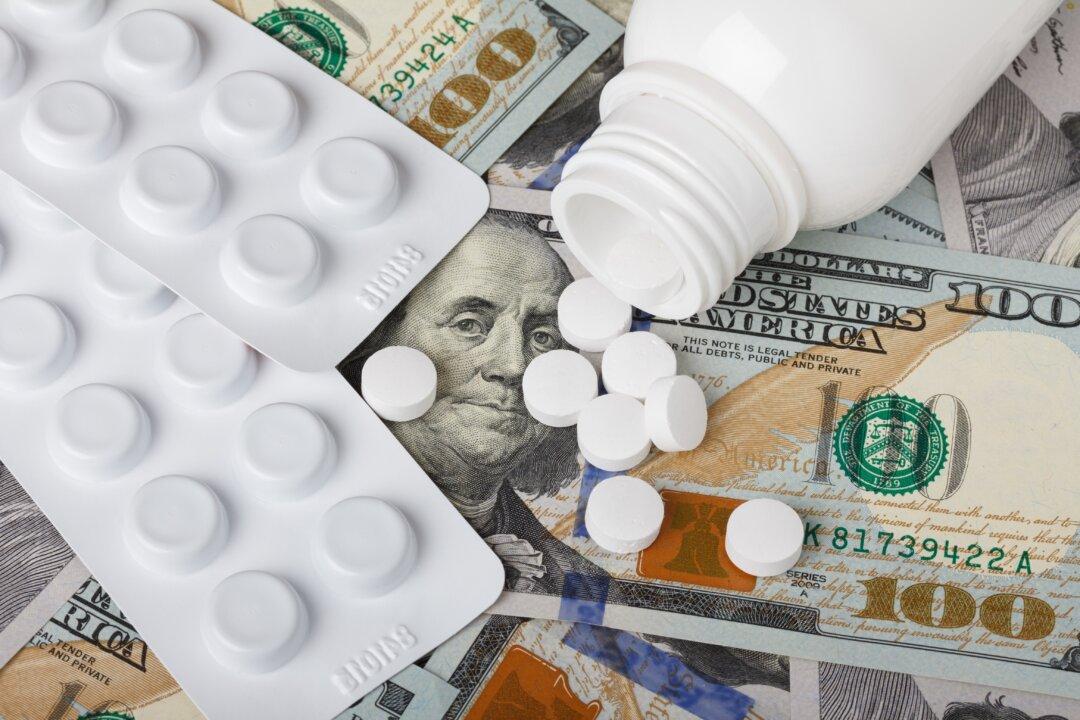On average, one Epipen (an auto-injectable device) costs $775. Even the generic version will run you about $455. This is just a snapshot of what prescription drugs cost. Pharmaceuticals make up a big chunk of the average American’s health care costs, so finding the best ways to purchase them can be critical.
But besides the best way, there’s also the safest way. Some discount prescription drugs may not be the best. How can you save money on your pharmaceuticals, yet stay healthy?






